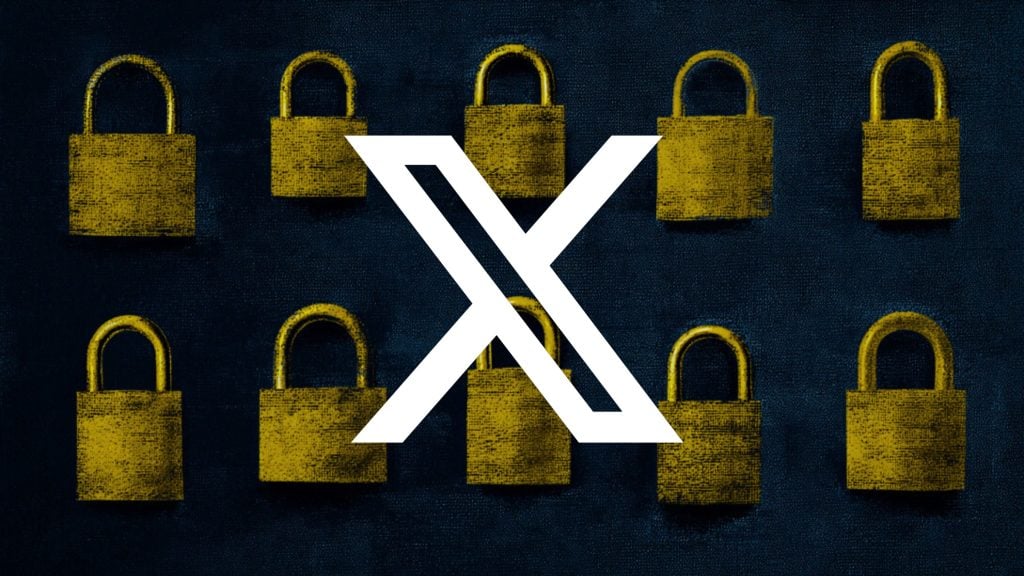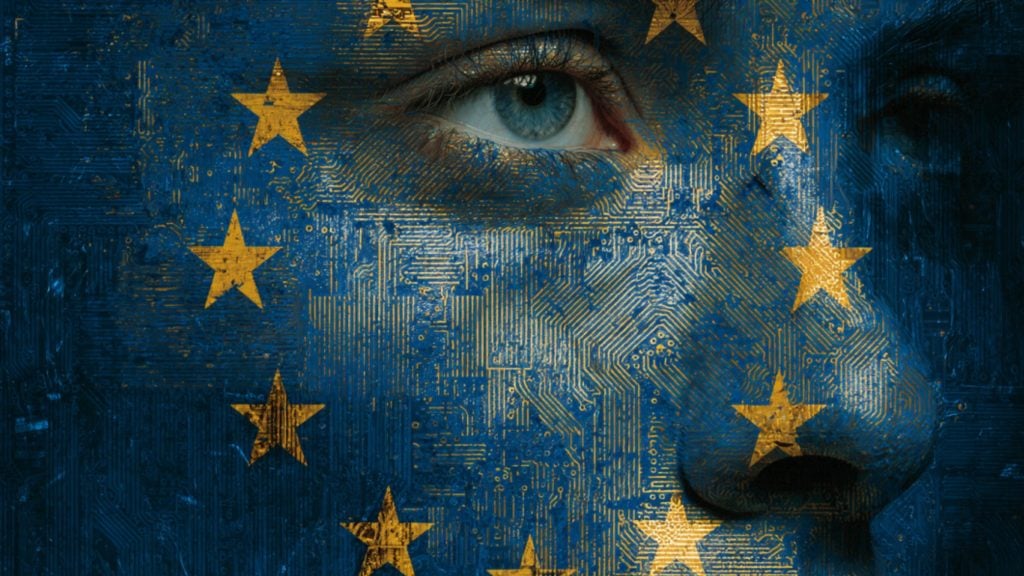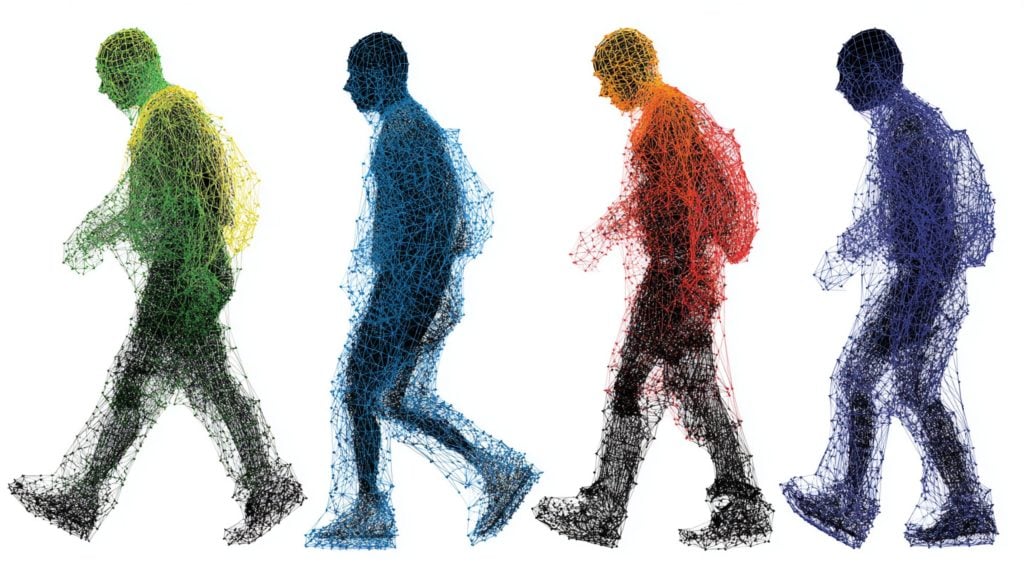
Discord Support Breach Exposes Over 70,000 Government IDs
Turning platforms into ID checkpoints makes data breaches a feature, not a bug.

Turning platforms into ID checkpoints makes data breaches a feature, not a bug.

The walls are closing in for anyone still trying to set up Windows without a leash.

Lagarde frames democracy as a speed bump on the road to a cashless future.

A government program meant to rebuild lives after disaster has instead exposed how fragile Australia’s digital safeguards really are.

Over 2.7 million signatures couldn’t move the needle on a dystopian plan already set in motion.

Signal draws a red line in Europe, betting the future of private messaging on a continent unwilling to say no to its own surveillance impulse.

Scanning every message before it’s sent flips the internet’s architecture from private by default to suspect by design.

Meta is turning casual chats into ad fuel, folding dinner tips and small talk into the same profiling engine that already knows what you scroll past at 2 a.m.

Facial recognition quietly scales nationwide as police double down on a tool still lacking clear legal ground.

A counterterrorism tool quietly became a shadow blacklist for political outliers and public servants.

Under the whir of drones and the gaze of facial recognition, funnel cakes come with a side of surveillance.

A digital passport wrapped in a social feed, Max turns state surveillance into a lifestyle app.

A cloud empire built for business was repurposed by the Israeli government into an intelligence dragnet.

Denmark’s push for mass surveillance meets fierce resistance amid allegations of political manipulation and fabricated threats.

Passport stamps give way to fingerprints as Europe quietly rewrites the rules of arrival.

What sounds like side hustle money is really a permanent trade of privacy for pennies.

Upload your ID or log off. Arizona rewrites the rules of adult access.

A blockchain pension tool pitched as a digital public good now carries the undertone of a global ID experiment with far wider ambitions.

Facial recognition trials used dismissed police case photos in a legal gray zone.

By quoting the statute word for word, Florida’s AG weaponizes the fine print.

It’s not anonymous and, for many, that’s already a dealbreaker.

The Friendly Confines may have been watching more than just the scoreboard.

Conviction by cadence inches closer to reality as the justice system begins tracking footsteps like fingerprints.

The internet’s lasting stronghold of anonymity is being dismantled in the name of safety.

Turning platforms into ID checkpoints makes data breaches a feature, not a bug.

The walls are closing in for anyone still trying to set up Windows without a leash.

Lagarde frames democracy as a speed bump on the road to a cashless future.

A government program meant to rebuild lives after disaster has instead exposed how fragile Australia’s digital safeguards really are.

Over 2.7 million signatures couldn’t move the needle on a dystopian plan already set in motion.

Signal draws a red line in Europe, betting the future of private messaging on a continent unwilling to say no to its own surveillance impulse.

Scanning every message before it’s sent flips the internet’s architecture from private by default to suspect by design.

Meta is turning casual chats into ad fuel, folding dinner tips and small talk into the same profiling engine that already knows what you scroll past at 2 a.m.

Facial recognition quietly scales nationwide as police double down on a tool still lacking clear legal ground.

A counterterrorism tool quietly became a shadow blacklist for political outliers and public servants.

Under the whir of drones and the gaze of facial recognition, funnel cakes come with a side of surveillance.

A digital passport wrapped in a social feed, Max turns state surveillance into a lifestyle app.

A cloud empire built for business was repurposed by the Israeli government into an intelligence dragnet.

Denmark’s push for mass surveillance meets fierce resistance amid allegations of political manipulation and fabricated threats.

Passport stamps give way to fingerprints as Europe quietly rewrites the rules of arrival.

What sounds like side hustle money is really a permanent trade of privacy for pennies.

Upload your ID or log off. Arizona rewrites the rules of adult access.

A blockchain pension tool pitched as a digital public good now carries the undertone of a global ID experiment with far wider ambitions.

Facial recognition trials used dismissed police case photos in a legal gray zone.

By quoting the statute word for word, Florida’s AG weaponizes the fine print.

It’s not anonymous and, for many, that’s already a dealbreaker.

The Friendly Confines may have been watching more than just the scoreboard.

Conviction by cadence inches closer to reality as the justice system begins tracking footsteps like fingerprints.

The internet’s lasting stronghold of anonymity is being dismantled in the name of safety.